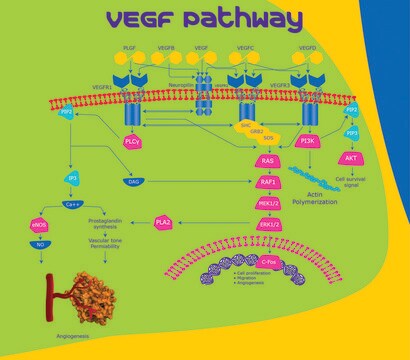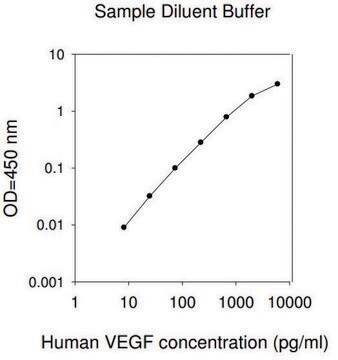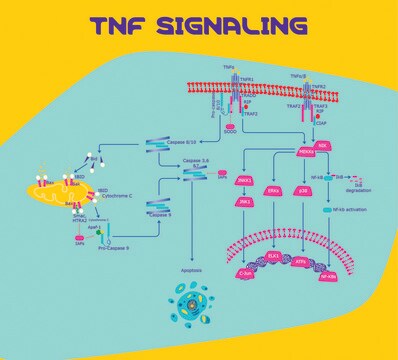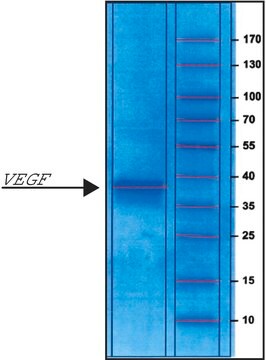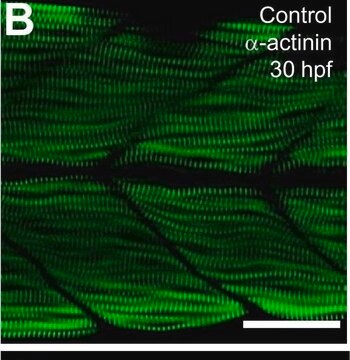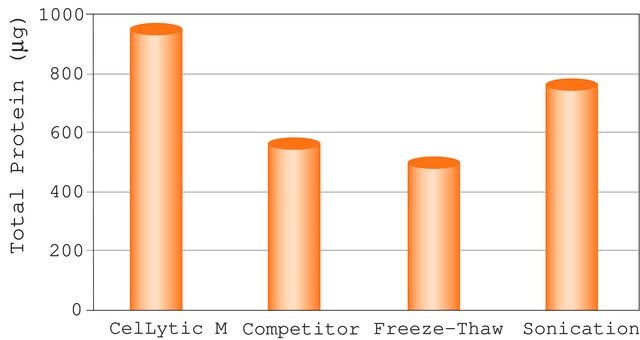SRP3184
VEGF-C human
recombinant, expressed in HEK 293 cells, ≥95% (SDS-PAGE), ≥95% (HPLC), suitable for cell culture
Synonym(s):
VRP, Vascular Endothelial Growth Factor-C, flt4 ligand
About This Item
Recommended Products
biological source
human
recombinant
expressed in HEK 293 cells
Assay
≥95% (HPLC)
≥95% (SDS-PAGE)
form
lyophilized
mol wt
30.0-33.0 kDa
packaging
pkg of 20 μg
technique(s)
cell culture | mammalian: suitable
impurities
<0.1 EU/μg endotoxin, tested
color
white
UniProt accession no.
shipped in
wet ice
storage temp.
−20°C
Gene Information
human ... VEGFC(7424)
General description
Biochem/physiol Actions
Sequence
Physical form
Reconstitution
Storage Class Code
11 - Combustible Solids
WGK
WGK 3
Flash Point(F)
Not applicable
Flash Point(C)
Not applicable
Regulatory Listings
Regulatory Listings are mainly provided for chemical products. Only limited information can be provided here for non-chemical products. No entry means none of the components are listed. It is the user’s obligation to ensure the safe and legal use of the product.
JAN Code
SRP3184-20UG:
Certificates of Analysis (COA)
Search for Certificates of Analysis (COA) by entering the products Lot/Batch Number. Lot and Batch Numbers can be found on a product’s label following the words ‘Lot’ or ‘Batch’.
Already Own This Product?
Find documentation for the products that you have recently purchased in the Document Library.
Our team of scientists has experience in all areas of research including Life Science, Material Science, Chemical Synthesis, Chromatography, Analytical and many others.
Contact Technical Service